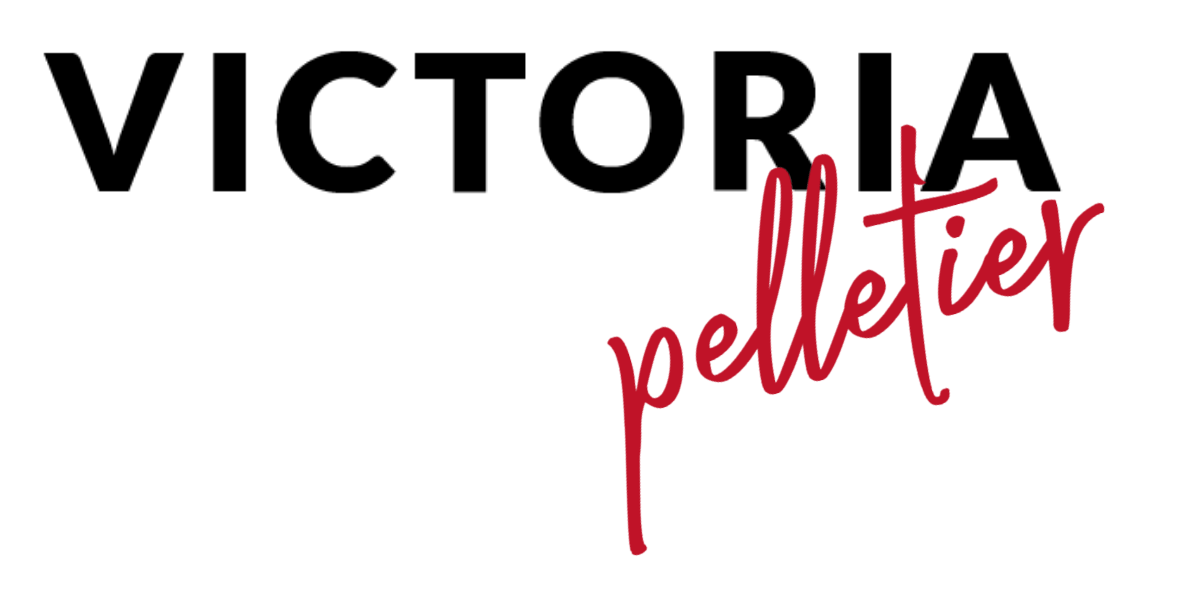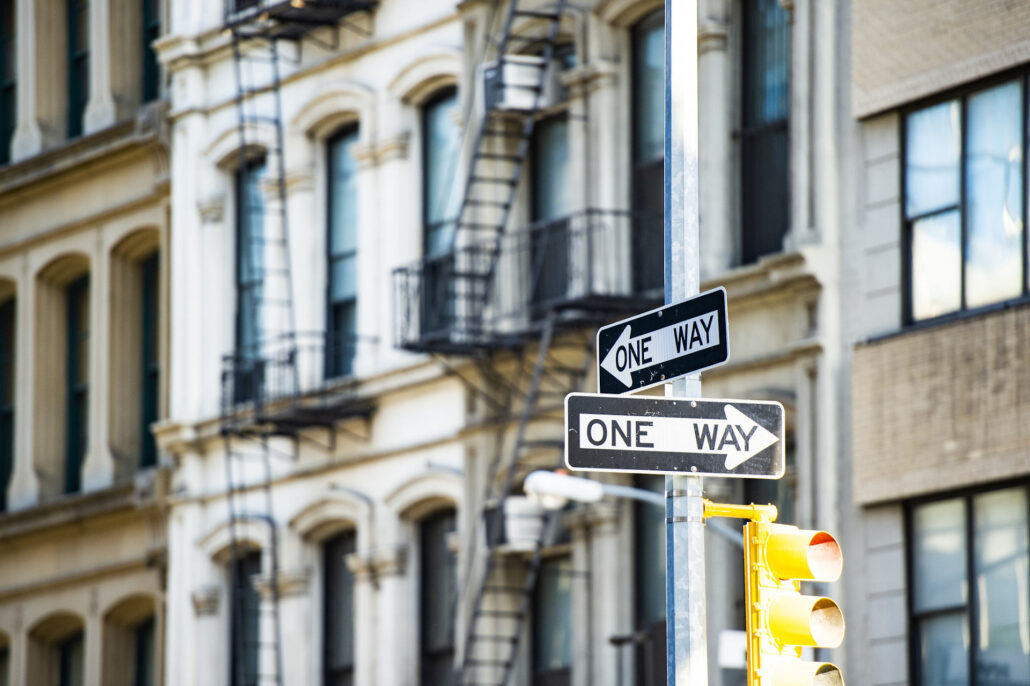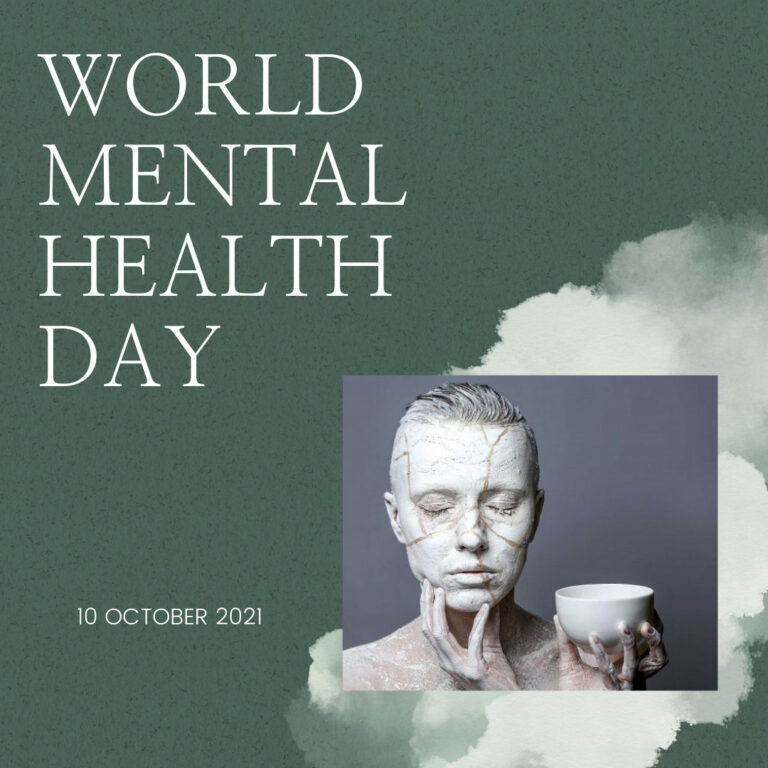It has been less than six months since I returned to New York City. The first couple of months were exhilarating – I’ve lived and worked here before, but never with my family, so I’ve been adjusting to the blistering pace of work and family life on the busiest island on the planet. However, if I had known that I’d spend the better part of March and April – maybe May – cooped up in my apartment, I might have reconsidered the move (or at least the timing of it). I mean damn… the city that “never sleeps,” is sound asleep, giving the rats and roaches the run of the place and challenging the mental health for even the best of us. Not what I signed up for when I made this move. In this cloistered existence I’m currently living, I’ve wondered how my life would be different if I were still north of the border. Better? Worse? About the same? What about for my family?
That’s doubt talking, of course; he can be a ruthless prick. One minute you’re leading your team into battle against your toughest competitor, the next minute, your hands are on your face, tears on the verge of streaming down your face, and you’re asking yourself, “What the hell am I doing here?” Doubt disorients us, slows our decision-making, and has us second guessing what we’ve already decided. Here’s what else I know about doubt: crises exacerbate doubt’s power over us. When we are tested, it’s very human to ask ourselves, “Do I have what it takes to get through this or is it time to cut and run?”
It’s a Good Thing
Given my diatribe about doubt, you may be surprised to learn that I view doubt as a useful tool. Doubt is, in fact, necessary. Think of it this way: if you never doubt your ability, your trajectory, or your history, then you’re actually being dishonest with yourself. Many times, doubt is rooted in authentic self-evaluation. That’s a good thing. Those cycling through doubts about work, relationships, priorities, living arrangements, and the like, have taken the time to examine who they are, what they’re up to, and where they’re headed. When I’m around colleagues who never express any sort of doubt, I assume that they do not have the capacity to admit limitations, setbacks, and mistakes. If you can’t doubt, you can’t learn.
Leveraging Doubt to Learn
When I’m dealing with doubt, I ponder what’s behind the doubt. Am I unprepared, uncertain about the path, or concerned about those on the path with me? Inevitably, these sorts of probing questions provide opportunities to learn something new or hone what I already know. When your doubt springboards into information-gathering, you may find that you have the personal resources to move forward. Alternatively, doubt may be the timely emotion that puts your plans into idle, helping you avoid unseen difficulty down the road.
It Takes Courage
Every leader knows that it’s painful to admit uncertainty in the presence of those being led. I, for one, believe that expressions of doubt require immense courage from the one voicing the doubt. This sort of vulnerability in the presence of others affirms your humanity and willingness to share the reins of leadership. Effective leaders acknowledge their limitations and are willing to be led. Having doubts? We all are. So, lean into your doubt by naming it out loud and learning from it.
I love New York, btw; if I can make it here, I can make it anywhere.
#Unstoppable




